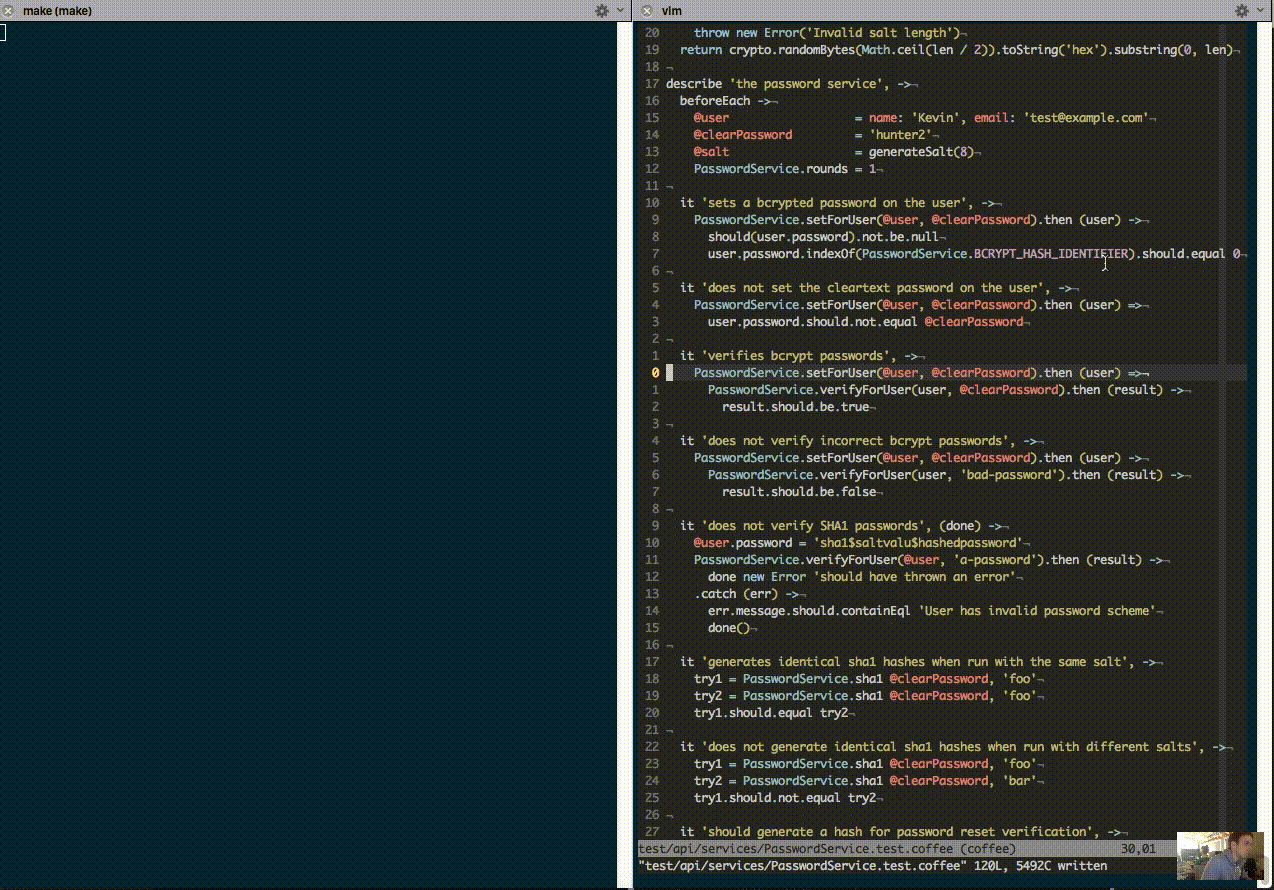Not content with a corporate blueprint to cut up to 55,000 employees by 2030, UK telecoms giant BT now says even more staff could be replaced with AI, despite the experience of some orgs that have already tried this.
In an interview with the Financial Times, BT Group chief exec Allison Kirkby said previously announced plans to slash headcount "did not reflect the full potential of AI," and there "may be an opportunity for BT to be even smaller by the end of the decade."
The formerly state-owned telecoms biz said in 2023 that it aimed to shed as many as 55,000 jobs by 2030, equating to 42 percent of its workforce, in a bid to bolster profit margins. The move was initiated by former CEO Philip Jansen.
Partly, these layoffs would be found by downsizing network engineers currently toiling to meet BT's pledge to bring fiber-to-the-premises (FTTP) within reach of 25 million UK properties, as the need for this labor-intensive activity is expected to decline over the coming years.
Around 10,000 of the cuts are likely to be made in customer serivces, BT has told The Register.
"There is a sort of 10,000 reduction from that sort of automated digitization, we will be a huge beneficiary of AI. I believe generative AI is a huge leap forward. Yes, we have to be careful, but it is a massive change," a spokesperson said in 2023.
- Half of businesses rethink ditching humans for customer service bots
- BT won't budge over pay hike for manager grade employees
- VodafoneThree's a crowd – now comes the hard bit
- UK's smaller broadband operators face tough road ahead, consolidation possible
However, it seems that Kirkby believes that recent developments in AI present new opportunities for BT to operate its business divisions using fewer resources, and thereby lighten the payroll even further.
Perhaps Kirkby and the rest of the BT leadership should look at what happened with Klarna, the online financial services biz. It announced in February this year that it had introduced an AI assistant powered by OpenAI that was doing the equivalent work of 700 full-time customer services agents.
Yet just a few months later, the company found itself rehiring human agents due to customer dissatisfaction, and CEO Sebastian Siemiatkowski acknowledged that an overemphasis on cost-cutting led to it delivering a poorer service.
Likewise, language learning app developer Duolingo declared an "AI-first" strategy earlier this year, and said it would ditch contract workers (translators) whose roles it could handle. Facing a customer backlash, CEO Luis von Ahn recently appeared to signal an about-turn, saying: "To be clear: I do not see AI as replacing what our employees do," and "I see it as a tool to accelerate what we do."
Analyst Gartner also recently reported that half the organizations it surveyed indicated that plans to significantly reduce their customer service workforce by replacing them with AI would be abandoned.
Another revelation from Kirkby was that she was open to selling off any part of BT, including its infrastructure arm, Openreach.
She told the FT she did not feel the value of Openreach was reflected in the company's share price, and if the situation persisted, BT "would absolutely have to look at options," and the time to consider whether to spin off Openreach would come when it had finished upgrading its entire network to full fiber.
We asked BT for comment. A spokesperson was at pains to clarify that Kirkby meant only that it was something BT might have to do in future, but it was not considering this move now and possibly never will.
Meanwhile, the telco giant is facing a revolt from manager grade staff over a "derisory or non-existent pay rise" they had been offered. This is understood to include employees from "second line support" and upwards, about 15,000 heads. Two thirds were offered 1.28 percent rise, with others getting nothing, according to trade union Prospect. ®
.png)




